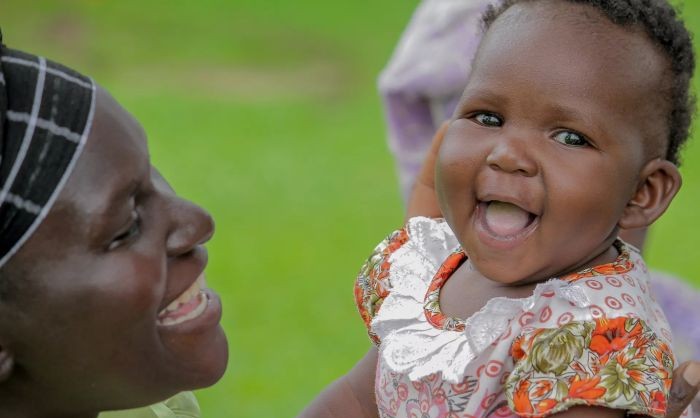(3 Minutes Read)
Kenya is at a critical juncture in its battle against HIV. With essential medications running low and numerous HIV clinics closing, the country urgently needs an additional Sh5.24 billion to maintain its HIV response until June.
Kenya is at a critical juncture in its battle against HIV. With essential medications running low and numerous HIV clinics closing, the country urgently needs an additional Sh5.24 billion to maintain its HIV response until June. Looking further ahead, Kenya will require Sh13.5 billion for the fiscal year 2025/2026. This urgent funding request follows the US government’s decision to issue a “stop work order” on certain PEPFAR-funded programs, which has already disrupted HIV treatment and prevention services nationwide.
At a high-level forum convened by the National Syndemic Diseases Control Council (NSDCC) in Nairobi, government officials and development partners gathered to discuss the escalating crisis. The forum underscored that without prompt action, Kenya could see a significant increase in new HIV infections. Currently, it is estimated that there are 16,752 new infections each year, but experts caution that this number could rise sharply if treatment and prevention efforts continue to be disrupted.
Around 1.3 million Kenyans living with HIV rely on antiretroviral drugs (ARVs) provided through US assistance. With these critical medications in short supply due to funding shortages, many face interruptions in treatment, potentially leading to higher viral loads, increased transmission, and a reversal of the progress made over recent decades.
Read Also;
https://trendsnafrica.com/new-hiv-prevention-method-launched-in-south-africa/
The NSDCC, responsible for managing not only HIV but also other diseases such as sexually transmitted infections, malaria, leprosy, tuberculosis, and lung disease, is particularly impacted by the recent reduction in US support for PEPFAR programs in Kenya. PEPFAR has been vital in reducing HIV-related deaths and infections across sub-Saharan Africa, and the halt on certain PEPFAR initiatives puts essential services—ranging from treatment and testing to community outreach—at serious risk.





